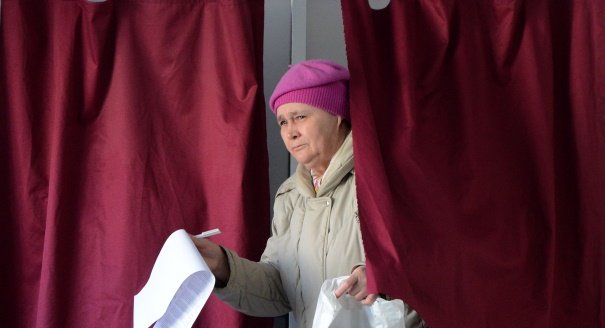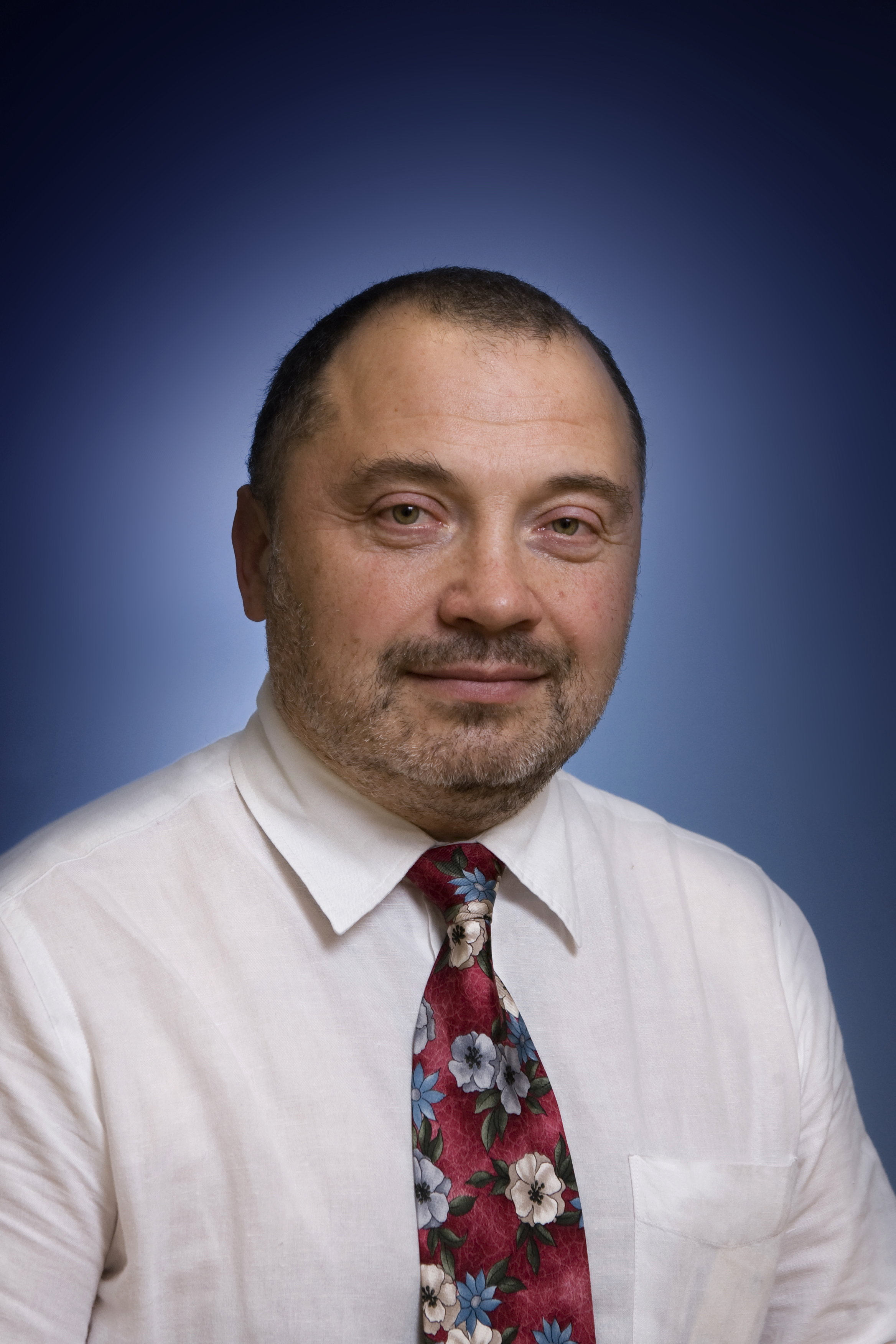Nikolay Petrov
{
"authors": [
"Nikolay Petrov"
],
"type": "legacyinthemedia",
"centerAffiliationAll": "",
"centers": [
"Carnegie Endowment for International Peace",
"Carnegie Russia Eurasia Center"
],
"collections": [],
"englishNewsletterAll": "",
"nonEnglishNewsletterAll": "",
"primaryCenter": "Carnegie Russia Eurasia Center",
"programAffiliation": "",
"programs": [],
"projects": [],
"regions": [],
"topics": []
}
Source: Getty
Kremlin Is the Big Loser in Regional Elections
The recent regional elections have shown that rather than making the political system more open and competitive, the Kremlin has found new ways to outmaneuver the opposition while maintaining its hold on power.
Source: The Moscow Times

By all appearances, the Oct. 14 elections won't buttress the authorities' legitimacy in the eyes of the people. Rather than responding to a year of pressing challenges by making the political system more open and competitive, the Kremlin has found new ways to outmaneuver the opposition while maintaining its hold on power.
This month, the authorities found ways to lower voter turnout, made wide use of "spoiler" parties to dilute support for opposition candidates, entered candidates who were obviously unqualified or who generated support before pulling out of the race at the last minute, mobilized masses of state workers to vote for specific candidates, and employed various tricks with absentee ballots and votes supposedly cast by housebound people. With these measures, the Kremlin managed to achieve the re-election of the incumbent governors in each of the five regions where elections were held, even though some were obviously weak and unpopular. Apparently, the Kremlin viewed the farcical elections in the Ryazan and Bryansk regions as something of a vaccine, a low-grade infection of the direct-elections germ, that would enable the system to better cope with a larger dose of the real thing later on.
What's more, United Russia made a strong showing in legislative elections in a dozen or so regions and regional capitals. However, it would be extremely naive to interpret that as a victory for the authorities or a comeback after the party's poor performance in December's election. United Russia's greater showing was at least partly the result of fewer candidates having been allowed to run, while the real victor was propaganda, not the Kremlin.
Municipal elections differ significantly from regional elections because local voters base their choices not so much on candidates' party affiliation as on their concrete leadership qualities. As a result, many candidates favored by the federal government ran on the ballot as independents rather than as United Russia members.
An interesting example can be seen in the Sverdlovsk region, one of the most democratic and therefore challenging regions for the Kremlin. In the mayoral race in Nizhny Tagil, victory went to United Russia candidate Sergei Nosov, who won 90 percent of the vote. But that landslide was more a result of his personal popularity than of his party membership; United Russia simply pegged him as its candidate because he was the clear favorite. It is revealing that in the nearby city of Degtyarsk, the deputy mayor supported by United Russia lost by a wide margin to the Just Russia candidate. And because United Russia simply lent its support to strong politicians, it is no surprise that its candidates lost in only three of the 17 mayoral races in the region.
Probably a better indicator of United Russia's real popularity is legislative elections in four municipalities where the party garnered no more than 50 percent of the vote in each.
The irony is that by staging elections like those held on Oct. 14, the authorities actually deprive themselves of the very legitimacy they could gain from honest elections. Of what value is an electoral victory when voters boycott because they see no one worth supporting? Although some in the Kremlin claim that opposition politicians are unpopular, the real reason for their defeat is that they are prohibited from running in most races.
The authorities face a huge political risk, especially during times of crisis, in depriving the people of a peaceful mechanism for effecting a change of leadership. They are leaving citizens no other option but to dismantle the system entirely in order to bring new people into office.
What this month's elections demonstrate is that the entire party system is in trouble, not just United Russia. Several recently registered parties simply drowned in the sea of Kremlin tricks and stratagems and succeeded only in biting off a few votes that normally go to the Communist Party and A Just Russia, both of whose opposition stance is questionable. As a result, three of the six regional legislatures elected on Oct. 14 consist of only two parties: United Russia and the Communist Party.
Thus, despite claims by United Russia leaders, the party looks no stronger now than before the elections. What's more, the other three parties represented in the State Duma now appear to be weaker, largely due to concerted efforts by the Kremlin. Of the 57,000 candidates registered in this month's elections, only 11,000 candidates were put forward by those three parties combined, while United Russia alone had 22,000. The Patriots of Russia party came in fourth place with 700 candidates. Incidentally, that party acted largely, though not entirely, as a spoiler in the elections, meaning that the Kremlin might one day use it to replace A Just Russia as a spare party of power.
Many observers understand that the results of the Oct. 14 elections point once again to the need for an overhaul of the political system. But the authorities are unwilling to admit that and appear unable to accomplish it. They are too busy trying to hold on to power today to think about tomorrow — or prepare for it.
About the Author

Former Scholar-in-Residence, Society and Regions Program, Moscow Center
Nikolay Petrov was the chair of the Carnegie Moscow Center’s Society and Regions Program. Until 2006, he also worked at the Institute of Geography at the Russian Academy of Sciences, where he started to work in 1982.
- Moscow Elections: Winners and LosersCommentary
- September 8 Election As a New Phase of the Society and Authorities' CoevolutionCommentary
Nikolay Petrov
Recent Work
Carnegie does not take institutional positions on public policy issues; the views represented herein are those of the author(s) and do not necessarily reflect the views of Carnegie, its staff, or its trustees.